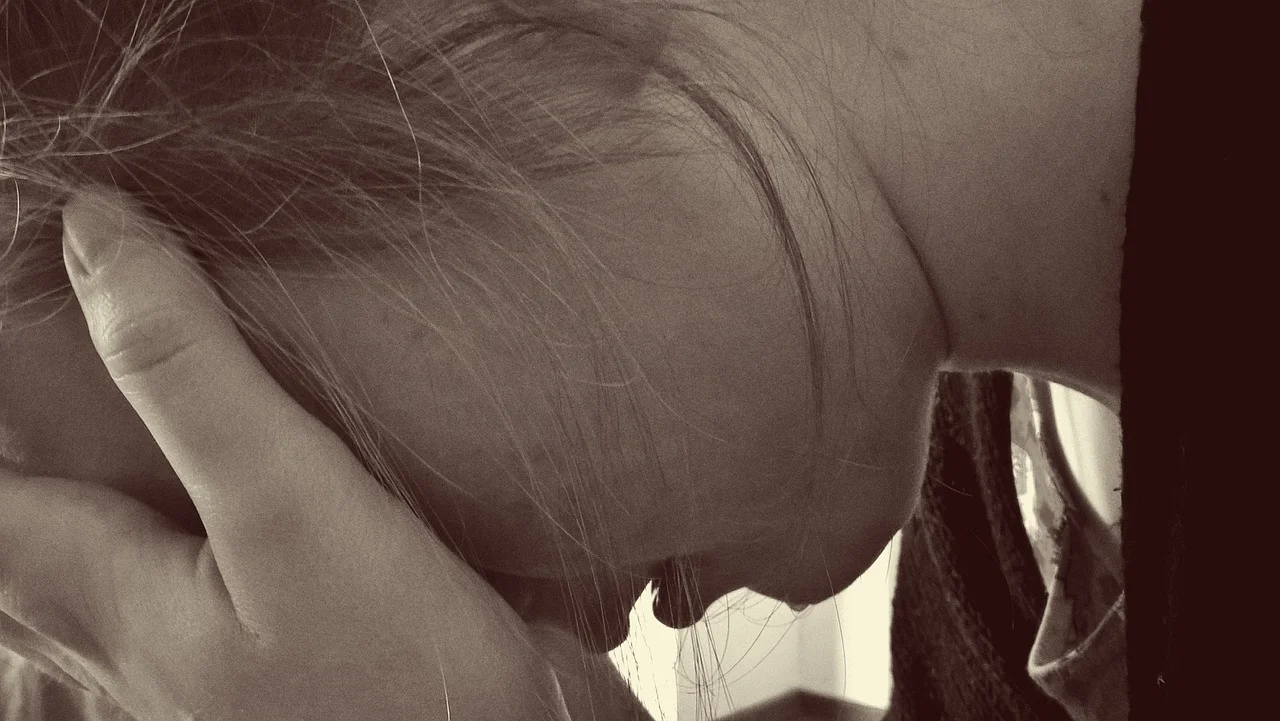Types of Physical Abuse
Physical abuse can take many forms, and anyone might be a victim of abuse. Children are often more likely to experience abuse at the hands of a parent, caretaker, or sibling, while an adult might be physically abused by a spouse, partner, or significant other. Elder abuse—mistreatment or neglect of an older adult—may also include physical abuse and is often perpetrated by a caretaker, who might be a paid professional or a family member. Those in positions of power might also physically abuse individuals in their care.
While physical abuse may be considered by some only to be abuse when physical harm is the result, many types of behaviors are, in fact, abusive. In general, an individual who brings unwanted physical harm to an intimate partner, child, or elder may be considered to be abusing that person. These actions may also be defined as assault.
The following actions are typically considered to be abusive:
Punching, kicking, slapping, pinching
Grabbing or physically restraining in a harmful way. A parent who yanks a child out of the path of a bicycle is not intending to harm the child and thus would not be considered to be abusing that child.
Burning
Shaking, especially of a baby or small child
Beating, whipping. Some cultures do not consider beating, whipping, or spanking a child after misbehavior to be abusive. However, this behavior is typically considered to be abusive in the United States and in many other countries.
Poisoning or otherwise causing illness
Any form of deliberate injury that causes harm
Sexual abuse / rape
Effects of abuse
As with other forms, physical abuse can have long-lasting effects on the victim. If someone is physically abused as a child, they are more likely to develop mental health concerns such as anxiety, depression, suicidal thoughts and eating disorders.
Those who have experienced abuse may develop post-traumatic stress disorder (PTSD), have low self-esteem, or turn to drugs and alcohol to cope with the trauma. Personality issues and dissociation may also be seen as a result of trauma.
As abusers are often close to their victims (either parents, caregivers or partners) there can be conflicting emotions within the survivor. They may find it difficult to trust others and find it difficult to maintain relationships.
If you are living with the effects of physical abuse, counselling and talk therapy can be helpful.
Counselling for abuse
There can be many emotions and feelings that come from a history of abuse. Working with a mental health professional can help you explore your feelings in a safe environment. Counselors can listen to you in a non-judgmental way, reflecting what you say and providing insights to help you understand what has/is happening to you.
While they won’t tell you what to do, they will be able to guide you through your feelings and help you recognize that what happened/is happening is not your fault.
Collaborative Therapeutic Services (CTS) seeks to maximize clients’ options by offering a variety of services, hours, and service providers with diverse specializations. We offer evening & weekend appointments. Have questions? Contact Us Here or Call 813-951-7346. Located in Tampa, Florida.
Ask us about our new NEUROLEASE™ TREATMENT THERAPY - A cutting edge treatment for releasing toxic emotions.

